For anyone on the hunt for the latest and greatest THC product, THC-P might be your answer. This might be especially true for those who fell in love with THC-O products but are now left looking for an alternative option due to the DEA's recent statement regarding the legality of THC-O.
Like THC-O, THC-P delivers extremely strong psychoactive effects. In fact, the researchers who discovered THC-P found in experiments on cultured human cells that THCP binds 33 times more effectively which is why many often considered THC-P to be up to much stronger than Delta 9 THC.
Let's take a closer look at THC-P and discover what sets it apart from cannabinoids like THC-O. Join us as we review THC-P's potential benefits, uses, effects, and legal status.
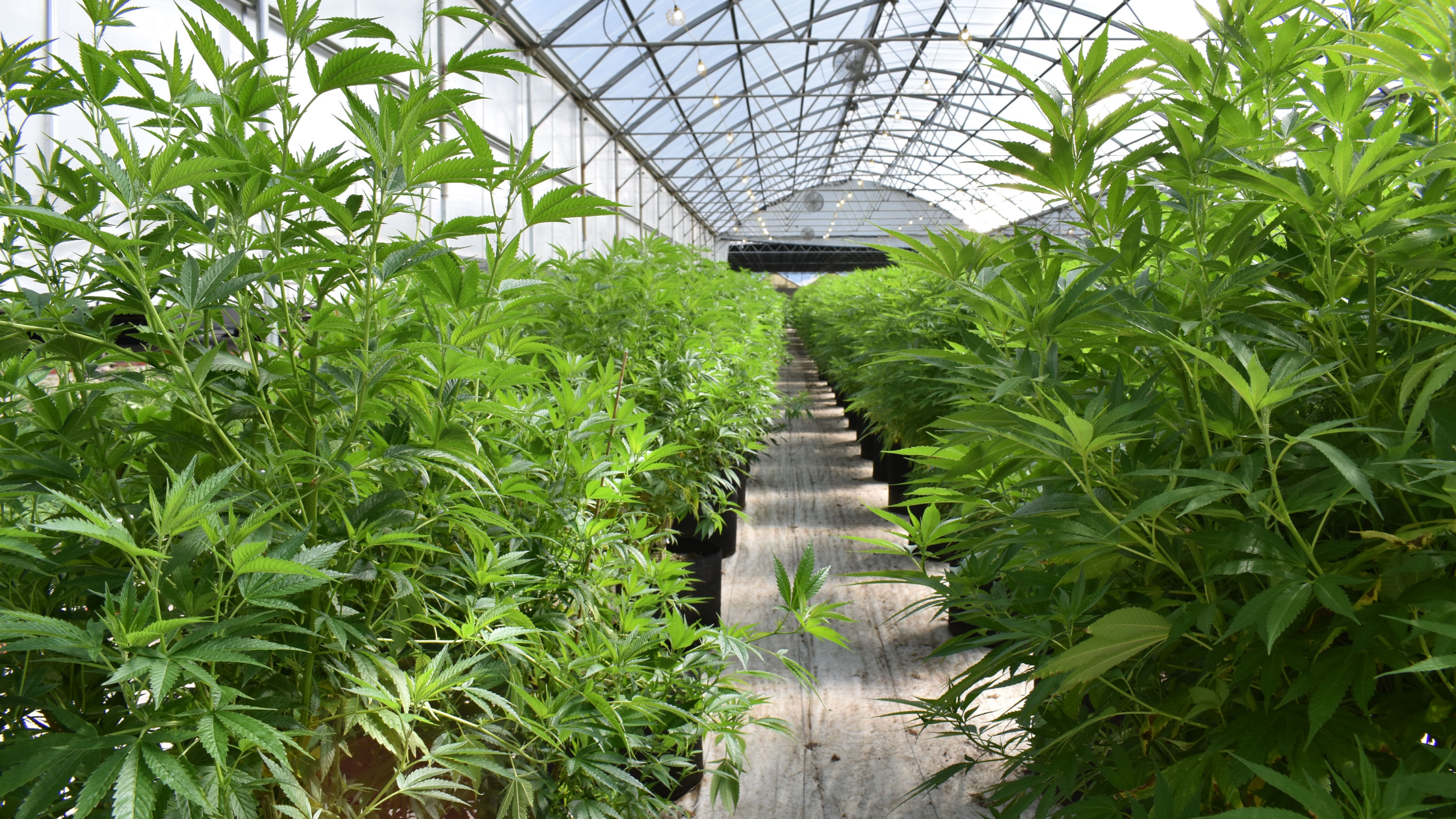
Key Takeaways of This Cannabinoid
- THC-P is a natural cannabinoid found in cannabis plants
- THCP binds to endocannabinoid receptors more effectively than compared to Delta 9 THC
- THC-P is significantly more potent than Delta 9 THC
- THC-P created from hemp-derived CBD is considered legal at the federal level
What is THC-P?
You've heard of THC, also called Delta 9 THC, which is the most abundant cannabinoid in hemp and cannabis plants. You may have even heard about other hemp-derived cannabinoids like Delta 8 THC and THC-O, but what about THC-P?
THC-P, or Delta-9-tetrahydrocannabiphorol, often times abbreviated as THCP or THCp is a relatively new organic cannabinoid discovered by Italian researchers. THC-P occurs naturally in very low concentrations in the cannabis plant. While THC-P might be present in smaller quantities compared to traditional THC, it exhibits extremely potent psychoactive effects due to its unique chemical structure.
THC-P vs THC, what makes THC-P different than Delta 9 THC? While examining a cannabis sample, researchers noticed that THC-P's molecular structure differed from cannabinoids like Delta 9 THC. It has seven carbon atoms in its alkyl side chain compared to the five carbon atoms in traditional THC. This longer alkyl side chain enables THC-P to bind more strongly to the body's cannabinoid receptors in the brain and nervous system, specifically with CB1 receptors.
Consequently, THC-P is considered the strongest cannabinoid. In fact, it is considered even stronger than Delta 9 THC and THC-O in many respects.
When was THC-P Discovered?
In 2019, Italian researchers accidentally discovered THC-P during a detailed analysis of marijuana plants. The compound was found in very small concentrations, classifying it as a minor cannabinoid like Delta 8 THC.
Unlike the more abundant hemp cannabinoids like THC, extracting THC-P from cannabis plants can be challenging due to its very low concentrations. Yet, its unique structure and effects quickly drew attention in the cannabis industry.
Luckily, with the rise of advanced extraction technologies, it's now possible to produce THC-P in higher concentrations. Using methods like chemically manipulating CBD extracted from legal hemp plants, labs can create hemp-derived THCP products. This process transforms a widely available cannabinoid (CBD) into a much rarer and potentially more beneficial one (THC-P).
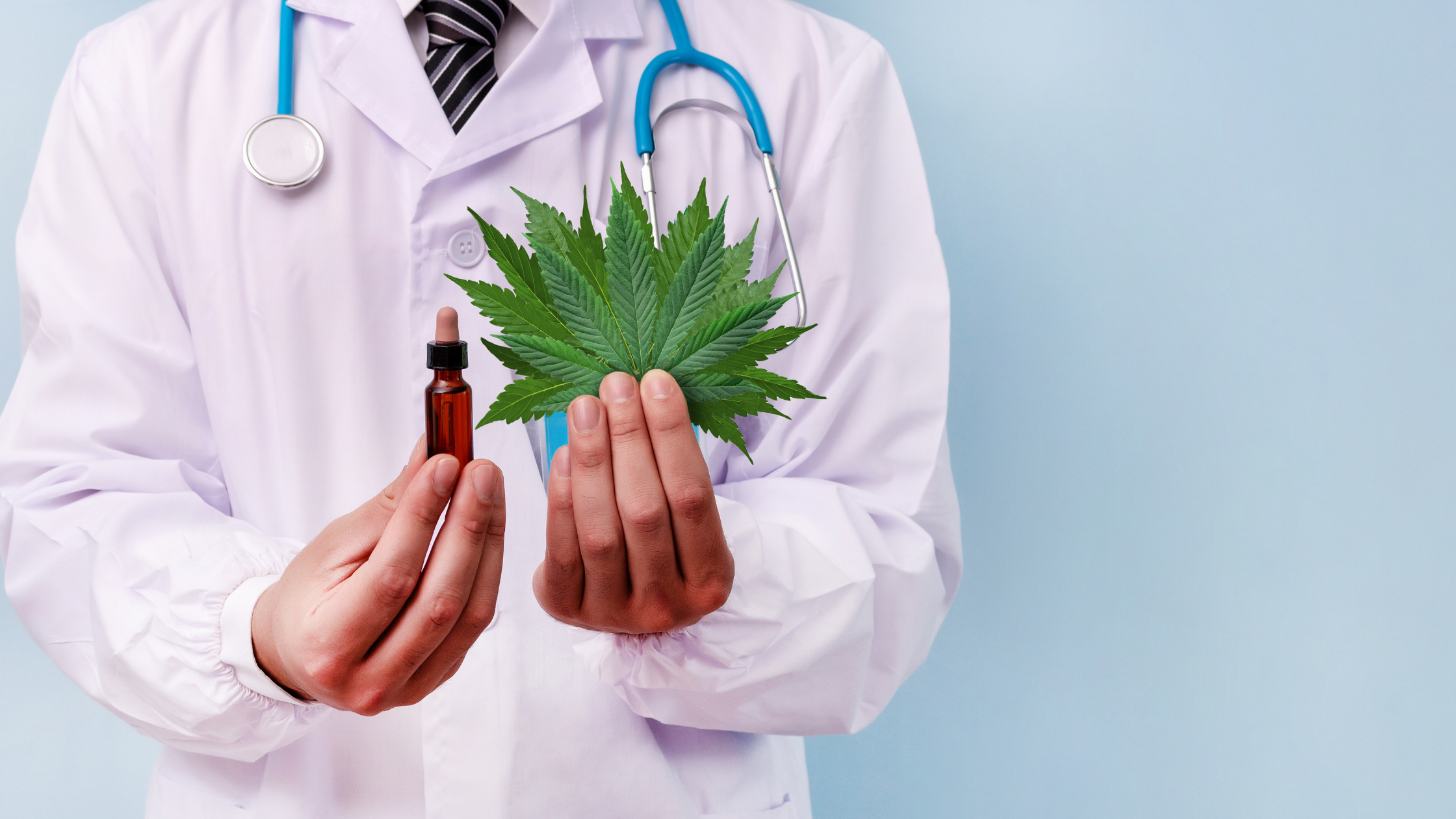
Benefits of THC-P
While THC-P research is still in its early stages, there are indications that it could offer potentially powerful benefits. Like other cannabinoids, THC-P interacts with your endocannabinoid system, but due to its unique structure, it may affect you differently. In particular, its stronger binding to CB1 receptors may enhance its effects, providing potential benefits such as:
-
Pain Relief (Analgesia)
-
Nausea Relief
-
Assist with Sleep
-
Slowing of movement (Hypomotility)
THC-P’s powerful properties may account for some of the healing powers that are often associated with Delta 9 THC. For instance, THC-P binds more readily with CB1 receptors in the immune system that regulate key anti-inflammatory processes. As a result, THCP could amplify some of marijuana’s helpful properties.
Also, considering its enhanced potency, THC-P may offer significant pain relief. For those living with chronic pain, THC-P might mean the difference between a day filled with discomfort and one that offers relief.
Potential Therapeutic Benefits of THC-P
THC-P may offer hope for new therapeutic applications. How effectively these cannabinoids interact with the endocannabinoid system (ECS) and human receptors is incredibly important. Consider the impact of a potent cannabinoid that interacts more intensely with your endocannabinoid receptors that do not require a medical marijuana card to access.
While research is ongoing, it's not unreasonable to think that THC-P could bring about more substantial benefits for health conditions compared to other cannabinoids. From managing chronic pain to potentially helping with mood disorders, THC-P might be the natural solution you've been waiting for.
However, it's important to remember that while the therapeutic potential of THC-P is exciting, it's still a new cannabinoid, and research is in its early stages. For now, while you might be eager to explore the benefits of THC-P, remember to do so responsibly.
Is THC-P Safe? Risks and Side Effects
One of the first questions you may ask yourself once learning about THC-P is "Is THC-P safe?" That's a great question, while THC-P may be more potent than other cannabinoids, it's important to consume THCP safely.
Remember, THCP binds to cannabinoid receptors even more strongly than Delta 9 THC therefore the expected effects of THC-P will be stronger. Just like with THC, consuming too much could lead to uncomfortable side effects from THCP. Therefore, understanding dosage and frequency is essential when incorporating THC-P into your routine.
Also, remember that THC-P was recently discovered, and research is ongoing. As such, we still have much to learn about its effects, especially in high doses. Start slow and monitor your reactions. It's always best to start with a lower dose and gradually increase it over time, observing how your body responds along the way.

Effects of THCP Cannabis
Users can expect even more pronounced effects than what Delta 9 THC produces. This may be beneficial for not only those looking to get high recreationally but for those looking to relieve pain, help sleep, and ease nausea.
Even though much more research is needed, the early studies do indicate the unprecedented ability to bind to human cannabinoid receptors as a valuable tool for potential medical benefits. Users report euphoric feelings and effects similar to that of THC-O.
Indeed, small and previously overlooked quantities of THCP in existing marijuana strains might already be contributing to some of the known therapeutic benefits of the plant. The researchers who identified THCP in 2019 posited that "the unearthing of an incredibly potent THC-like compound may provide insights into a number of pharmacological effects that cannot be attributed solely to Delta 9 THC in cannabis."
THC-P Dosage
Understanding THC-P dosage and frequency is crucial. Like cannabinoids like THC-O, THCP effects are very strong, meaning that you might need less THC-P to achieve the desired outcome than you would with other THC products.
We suggest starting with a very small dose and monitoring your body's response. Over time, you can gradually adjust the dosage depending on your comfort level and the affects you experience. Remember, everyone's body reacts differently to hemp-derived products, so what works for one person might not work for another.
It's also noted by many users that THC-P effects can last longer than other forms of THC depending on the consumption method used such as a THCP vape compared to a THCP gummies.
As for frequency, it's also a personal preference. Some people might prefer to consume THC-P daily, while others might use it less frequently. The key is to find a routine that works for you and aligns with your goals. Remember, consuming THC-P should be a personal journey. Listen to your body, adjust as needed, and prioritize your well-being.
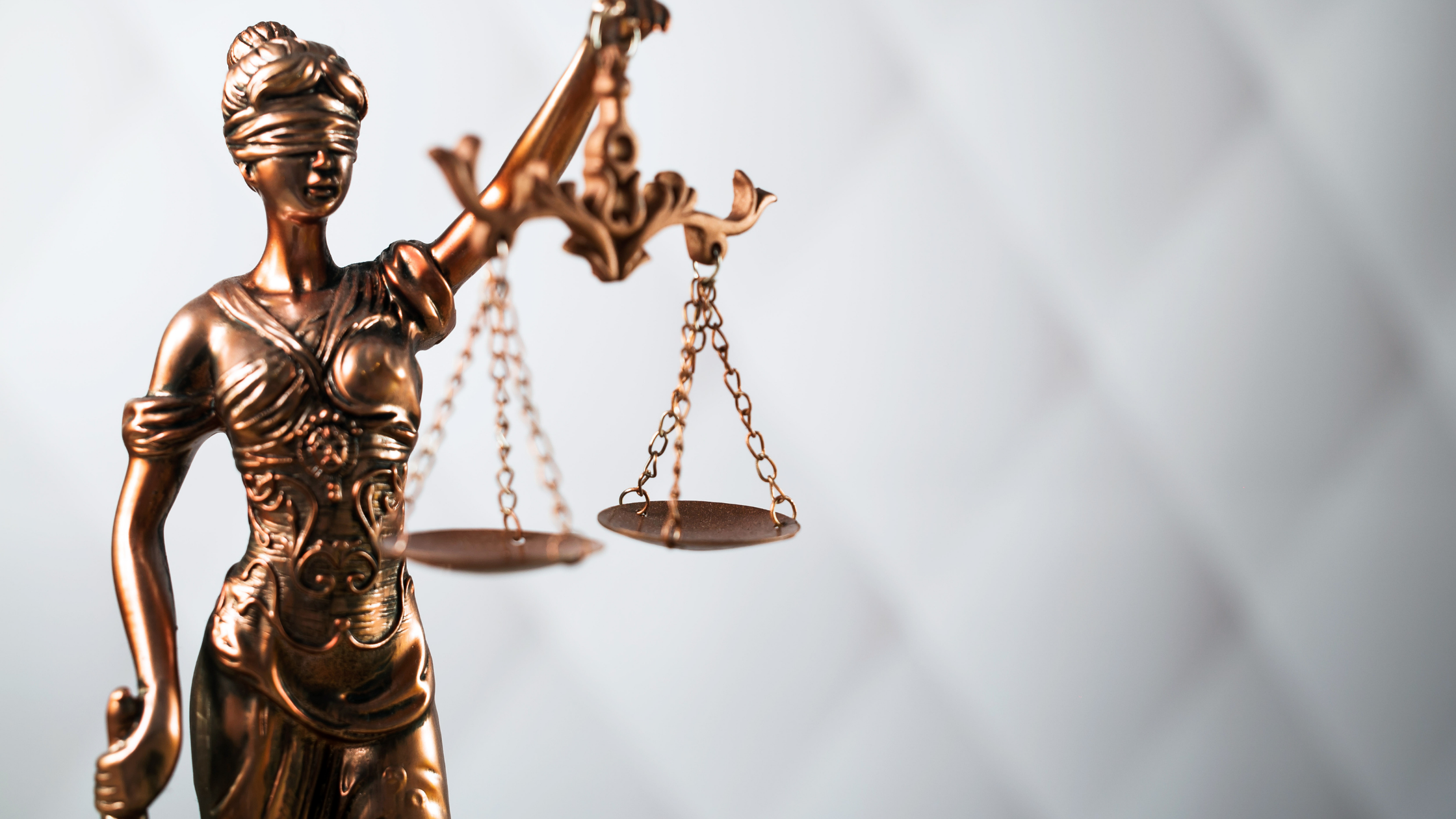
Is THCP Legal?
You may be asking yourself, "Is THC-P legal?" and the short answer is yes.
However, given the ongoing changes in cannabis legislation, the legal status of THC-P largely depends on what plant it's derived from. For example, if THC-P is derived from cannabis plants with a THC concentration of more than 0.3%, then it falls under the same legal constraints as marijuana.
However, hemp-derived cannabinoids that are derived from hemp plants that contain less than 0.3% Delta 9 THC content, are considered fully federally legal thanks to the 2018 Farm Bill. Just remember that, while hemp-derived THC-P is federally legal, state laws can vary, and you should check local regulations before purchasing or consuming THC-P.
If you live in a state where medical marijuana is legal and you have a medical marijuana card, you might have more access to THCP products. Keep in mind, though, that the THC-P available in medical marijuana card dispensaries is likely derived from cannabis, not hemp.
Selecting the Right THC-P Product
When it comes to choosing THCP products, quality is essential. With the rise in popularity of this new cannabinoid, there's a wide range of THCP products on the market. However, not all are created equal.
You'll want to look for products that are lab-tested, with transparent sourcing and production processes. A high-quality THC-P product should also clearly label the concentration of THC-P and other cannabinoids present.
Also, consider the type of product that best suits your needs and lifestyle. Whether it's a THCP-rich cannabis strain for vaping, like a THCP vape, a tincture, or an edible, finding the right product can enhance your experience and help you get the most out of this potent cannabinoid.
Don't be afraid to experiment and find what works best for you. Remember, your journey with THC-P is personal, so focus on finding products that align with your preferences and wellness goals.
The Science Behind THC-P
By now, you're probably wondering, "How does THC-P work?" The science behind THC-P lies in its interaction with the human endocannabinoid system (ECS).
This system, present in all humans, plays a crucial role in maintaining bodily homeostasis. It involves a network of cannabinoid receptors, with which THC-P interacts, causing its potent effects. The THC-P binds more effectively to these receptors, which might contribute to its enhanced effects.
Chemically, THC-P's molecular structure is similar to Delta 9 THC, but with a longer alkyl side chain. This increased chain length is what allows THC-P to bind so effectively to your cannabinoid receptors, potentially leading to more potent effects.
While the full effects of this binding affinity are still being researched, it's clear that THC-P's unique chemical structure plays a significant role in its impact on the ECS.
Frequently Asked Questions
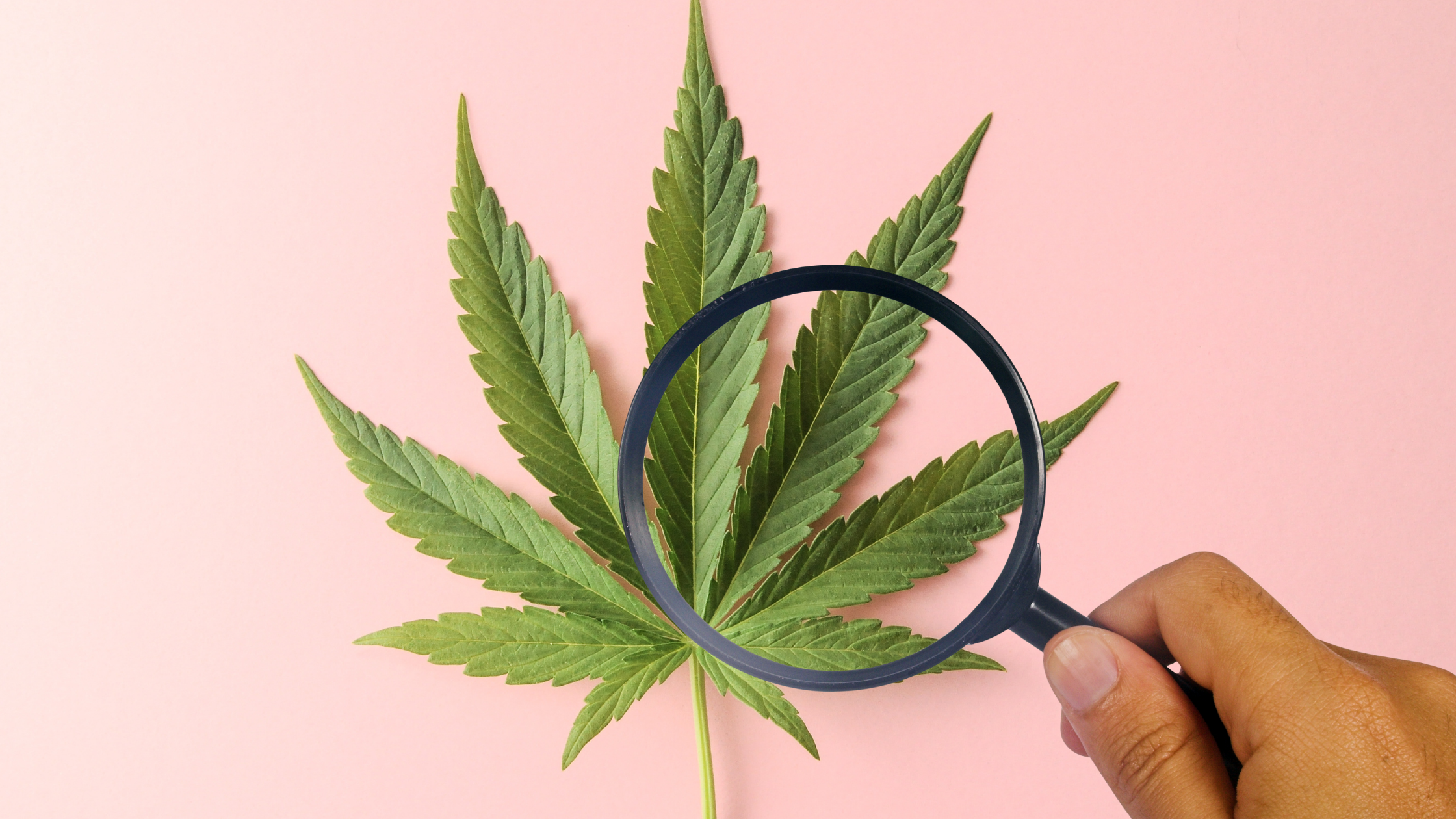
Does THCP get you high?
Yes, in fact, users report THC-P as being up to 33 times more potent than Delta 9 THC and as strong as THC-O products.
Does THC-P show up on a drug test?
Yes, THC-P will likely produce THC metabolites in your body which would likely be found by a standard drug test. We suggest avoiding using THC-P if you are subject to drug screenings.
Is THC-P Legal?
THC-P which is hemp-derived is considered legal under federal law as long as the Delta 9 THC content stays below 0.3% on a dry weight basis.
THC-P vs THC-O
The key difference between THC-O and THC-P is in their legal status. When comparing THCP vs THCO, THC-O is now classified as a controlled substance by the DEA. Those searching for THC-O products will find that THC-P offers very similar effects and is a great alternative to THC-O.
Is THC-P stronger than Delta 9 THC?
Yes, many consider THC-P to be stronger on both a psychoactive level and in the potential benefits THC-P may offer when compared to both Delta 8 THC and Delta 9 THC.
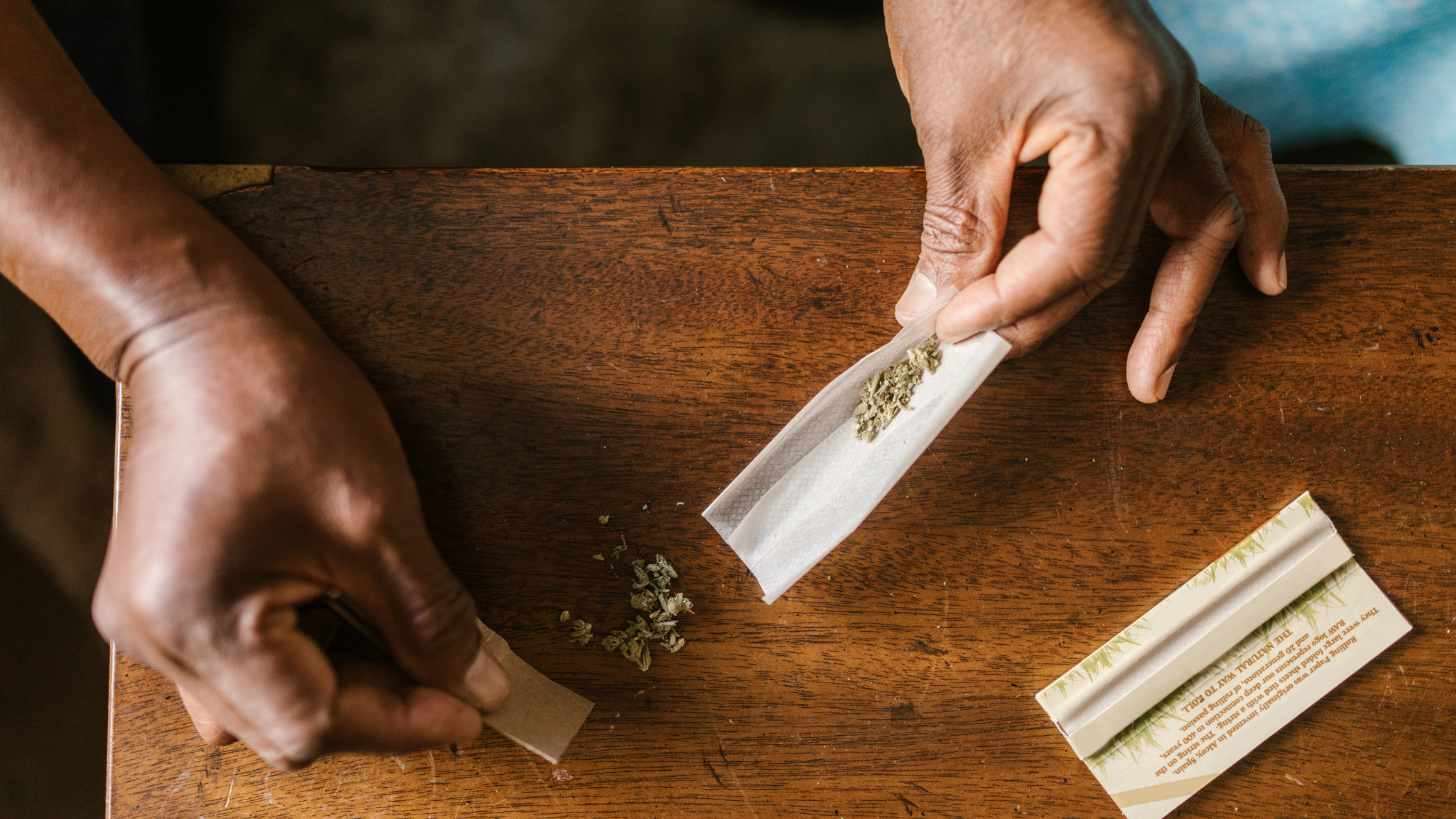
Where Can You Buy THC-P?
You can find THC-P as both stand-alone products and blended with other minor cannabinoids. The easiest place to buy THC-P is online. Reputable online retailers like Everyday Delta offer a wide selection of THC-P products that can be ordered and shipped directly to your door.
Just ensure that no matter where you buy, the products you purchase should be backed by lab testing to ensure both the product's legal status along with its safety and quality. These test results will also indicate that the product is free of any heavy metals and pesticides from the manufacturing process.
Check out the full selection of THCP products Everyday Delta offers.
Unlock the Potential of THC-P: Should You Embrace THC-P?
By understanding the basics of THC-P, its origins, benefits, legal aspects, safe use, and the science behind it, you'll be able to make informed decisions about whether or not incorporating THC-P into your lifestyle is the right call.
Remember to be sure you purchase legally compliant THCP products and ensure you're sourcing high-quality THC-P products from reputable sources. Start slow, find the right dosage and product for you, and listen to your body's responses along the way.
THC-P may very well unlock the potential for enhanced relaxation, pain relief, and overall well-being. As more research unfolds, we'll continue to gain a deeper understanding of THC-P's effects and applications. But for now, take the first step on your THC-P journey, explore its possibilities, and open the door to the possible benefits of this new cannabinoid.
Commonly Asked Questions - What We Know About THCP
What exactly does the term "THCP" mean?
The term "THCP", also known as tetrahydrocannabiphorol, points towards a recently discovered cannabinoid. This compound is naturally occurring and has shown in studies to have a higher affinity for the CB1 and CB2 receptors in the body compared to other cannabinoids like THC.
Is using THCP safe and what are its effects?
As a new phytocannabinoid, THCP may provide effects like those experienced with THC, such as psychoactivity. However, it's important to note it hasn’t been studied extensively, so caution is advised when using cannabinoid products containing THCP.
Does THCP affect your body like THC?
Existing research suggests that THCP may intoxicate a user much more intensely than THC. A 2019 study found it to be 30 times more active at CB1 receptors than THC, attributing THCP's potentially stronger psychoactivity to its higher affinity for these receptors.
How does THCP interact with CB1 and CB2 receptors in the body?
THCP affects these receptors similarly to THC, but due to the nature of its molecule, it potentially binds with them at higher levels. This could mean that THCP has a more potent effect on the user, but more research is needed to confirm.
Could using products with THCP cause you to fail a drug test?
As current drug tests primarily look for metabolites of THC, it’s likely that using THCP could cause you to fail a drug test. However, the test isn’t usually looking specifically for THCP.
What are the side effects of consuming THCP?
Side effects of consuming THCP might include typical unwanted reactions similar to THC, namely elevated heart rate and dry mouth. It might also lead to increased tolerance with repeated usage. As with all cannabinoids, individual experiences may vary, and care should be taken with higher doses.
Can THCP be produced in a laboratory?
Yes, THCP can be produced in a lab. Some labs have already begun synthesizing cannabinoids like THCP and THC-O. However, these processes are still in their early stages and may not be readily accessible for public health or recreational use yet.
What does a higher concentration of THCP mean for its psychoactivity?
A higher concentration of THCP could potentially result in increased psychoactivity due to its stronger binding affinity to the CB1 and CB2 receptors compared to other cannabinoids like THC. However, bear in mind that every individual's response may vary.
Will THCP also show up in a urine drug test?
There isn't a definitive answer to this yet. However, given how closely THCP relates to THC and how drug tests look for cannabinoid metabolites, it's feasible that it could cause a positive result. As always, you need confirmation from a laboratory-based drug test for conclusive results.
Is there a difference between THCP and CBDP?
Yes, THCP and CBDP are indeed different. Both are recently identified cannabinoids but they interact with the endocannabinoid system differently. CBDP is a CBD-like phytocannabinoid and doesn't have psychoactivity, whereas THCP is similar to THC and has psychoactive properties. More studies are needed to fully understand these cannabinoids.
*By using this website, you agree to and are subject to the following Legal Disclaimer, which is part of our Terms of Service. The information provided on this website does not and is not intended to, constitute legal advice or reliable statements of the status of any laws.

